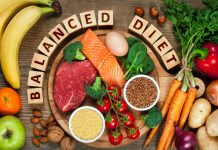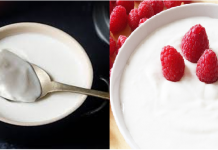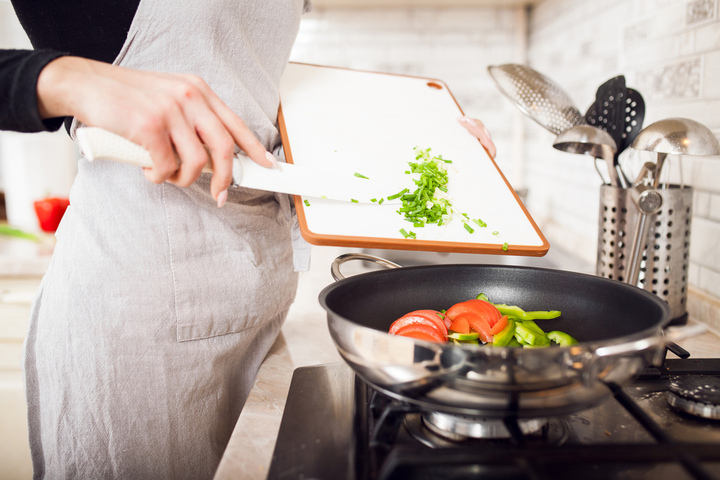While some of us love eating raw food including vegetables such as tomatoes, and carrots, there are also those of us who prefer cooked food over raw. It is believed that nutrients are lost in the process of cooking. But the fact that eating raw salads would mean higher chances of contracting infections. Well, we all have our preconceptions about cooking and nutrients. Let’s understand that cooking helps to soften the cellulose fiber and makes it easy to chew and digest, without expending much energy. Now does cooking actually cause nutrient loss? The answer is quite tricky, because cooking has both its advantages and disadvantages in terms of preserving nutrients. However, this doesn’t mean that raw vegetables are all good. Read on to explore and understand more!!!

Are the nutrients lost?
According to the Journal of Agriculture and Food Chemistry, studies indicate that the level of the anti-oxidant lycopene (cis-lycopene) increased about 30% more in cooked tomatoes. Lycopene plays a vital role as an antioxidant and helps to lower the risk of cancer. Similarly, cooked carrots, spinach, red bell pepper showed high amount of beta carotene when cooked. Beta carotene is converted to vitamin A by our body, and as we are aware, vitamin A is vital for vision and regulation of growth hormones. Thus, cooking foods helps release these nutrients which are otherwise bound to the hard plant cell wall and are not available unless exposed to heat.

While cooked carrots may show increased levels of carotenoids the levels of polyphenols is decreased when carrots are cooked. Polyphenols are important to reduce the risk of heart diseases. Likewise important nutrients helpful to fight cancer and prevent stomach ulcers are lost when vegetables like broccoli and cabbage are cooked. Cooking does diminish the nutrient value to some extent. For instance, vitamin C, folate and potassium are quite unstable to heat while calcium is not.

You May Also Like: 9 Easy and Healthy Dinner Ideas To Rescue You On Weekdays!
How it is cooked matters!
The method of cooking food such as baking, roasting, frying, steaming and pressure cook also matter in terms of nutrient preservation. For instance, reheating vegetables multiple times can cause loss of nutrients. Likewise, vegetables such as potatoes and broccoli when steamed have their calcium and vitamin C preserved, compared to boiling them in water. During steaming, the vegetables do not come in direct contact with water and hence the nutrients are not leached into the water.

Microwave cooking which cooks food faster may be another option to consider, because nutrients are hardly lost due to the short cooking time and little use of water.
Raw foods such as dried beans have an enzyme that inhibits the digestion of proteins. However, when cooked, this enzyme is disarmed. Similarly, raw poultry foods such as eggs and meat are also not safe to consume uncooked.
Stability of nutrients table
Consider this table for your reference, to help you understand the sensitivity of vital nutrients, vitamins more specifically, to various conditions:

Sometimes cooking makes food free from microbes and safe to eat. However, raw food like salads (ready to eat) may pose danger of food poisoning. Still the question of which is better – cooked or raw – remains debatable. There are many mysteries that are to be cracked surrounding the pros and cons of cooking food. However, the 5 vegetables and 5 fruits per day serving guidelines holds good under any circumstance.
You May Also Like: Four Paneer Free Vegetarian Dishes To Break The Stereotype
Basically, the cooking method that best retains nutrients is to be followed. Consultation with a nutritionist or a dietitian could do some help to improvise your cooking techniques and to increase the availability of the essential nutrients. We hope this article has thrown some light. If it has then don’t forget to like and share. We’d love to hear your thoughts. Feel free to give us buzz in the comments section below.


 Traqade
Traqade






























